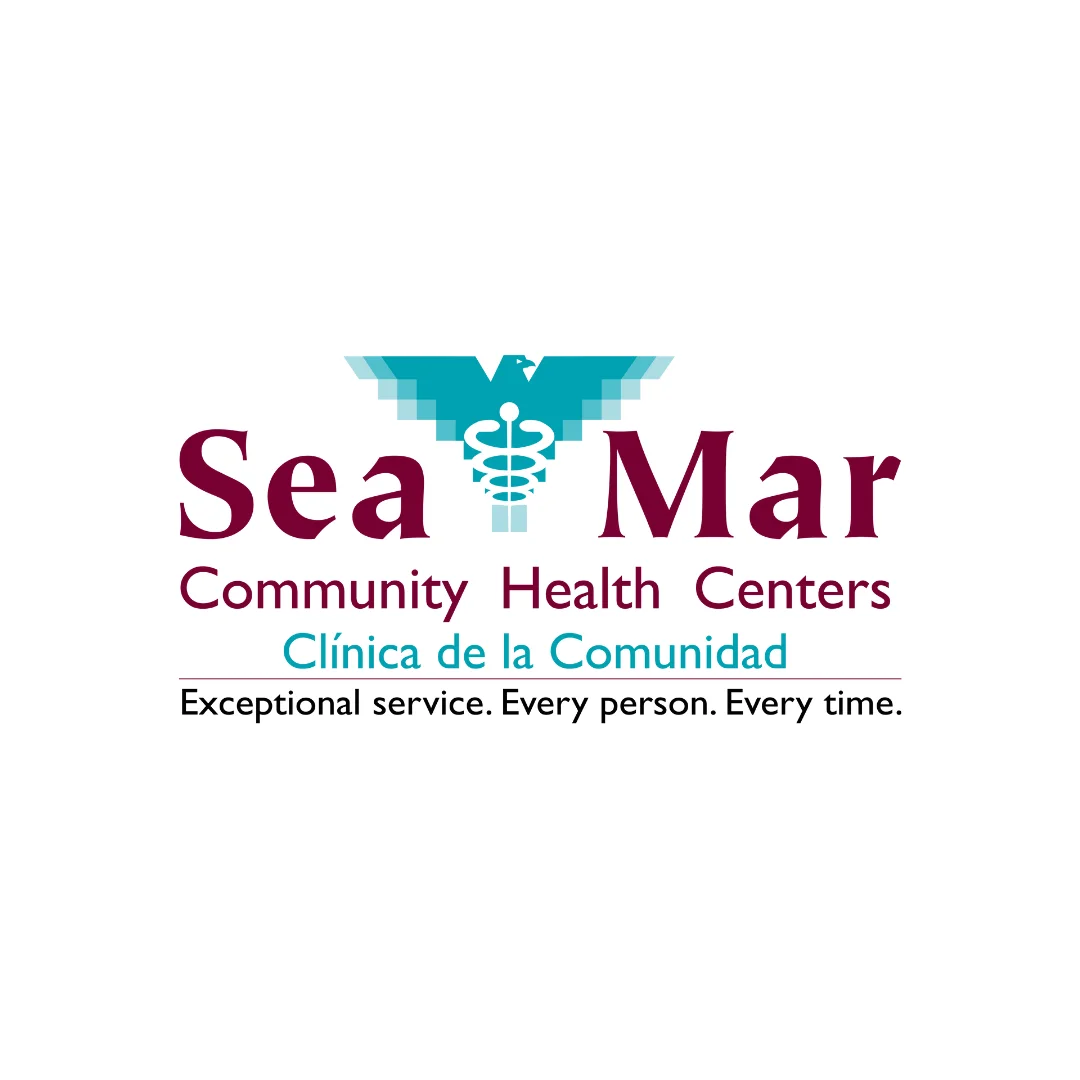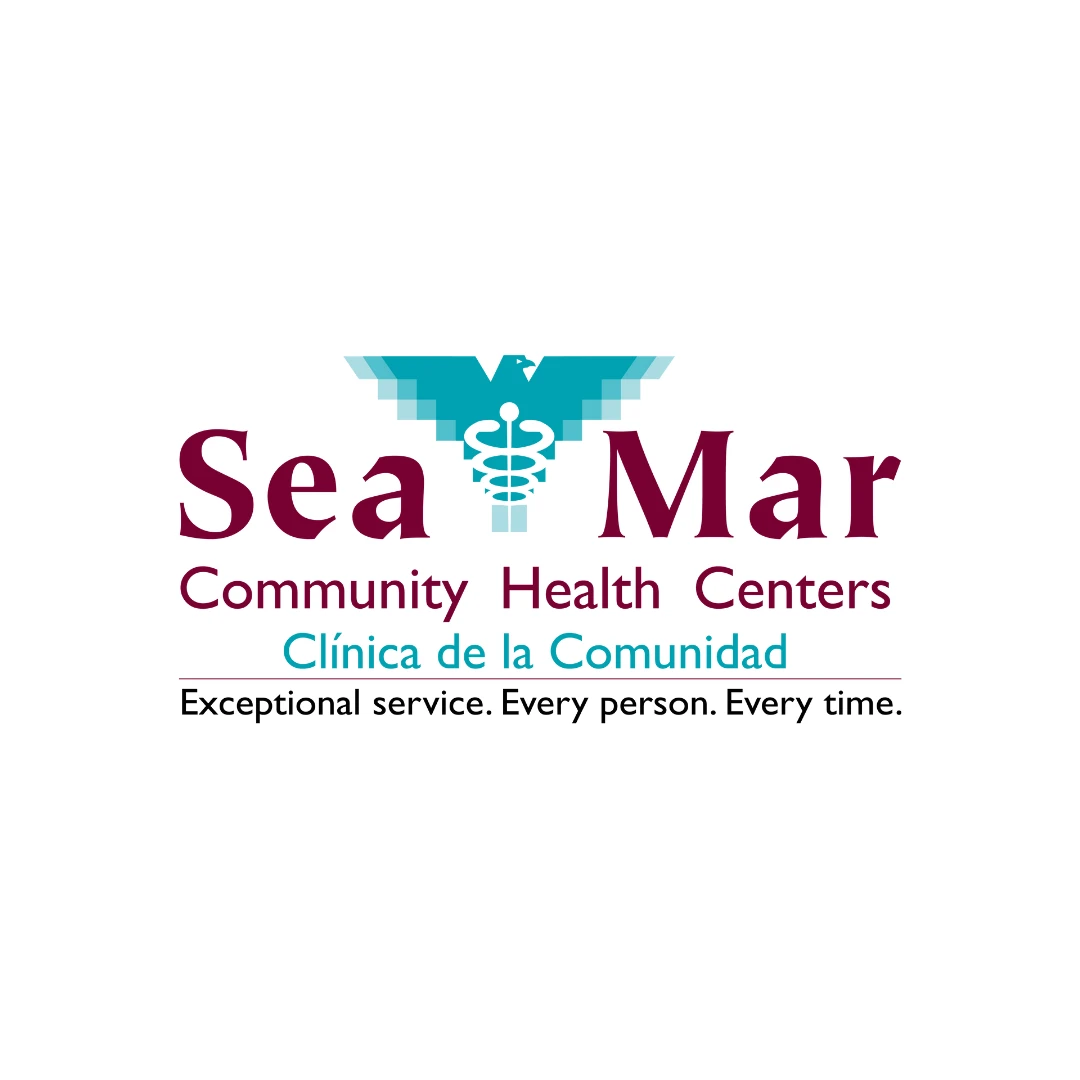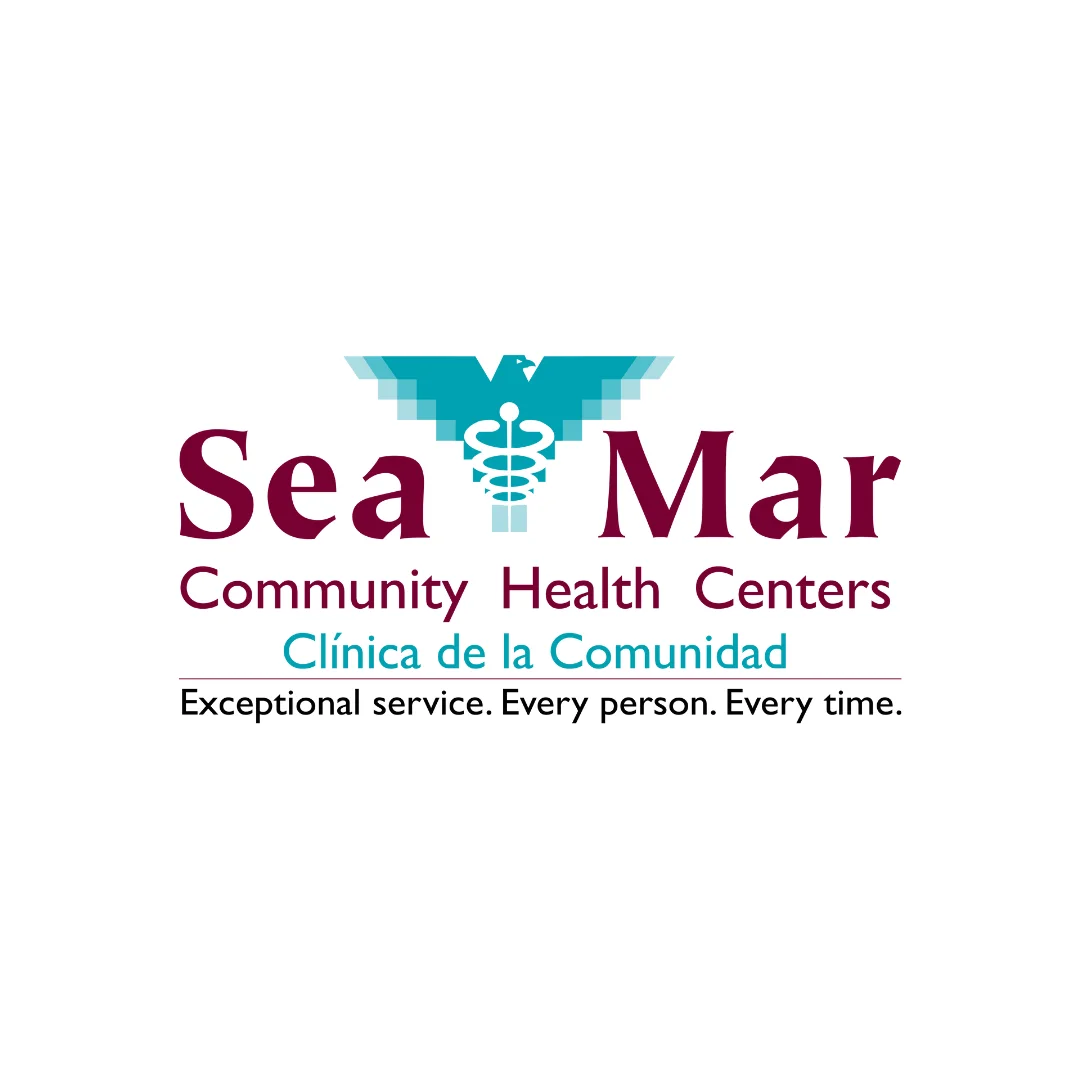Sea Mar Behavioral Health - Visions Female Youth Treatment Center Information
Treatment
Who We Treat
- Children
- Teens / Adolescents
- Young Adults (18–25)
- Adults
- Seniors/Older Adults
- Adolescents
- Older Adults
- Male and Female
- LGBTQ+
Approaches
- 12-Step-Based
- Twelve Step
- Family Therapy
- Group Therapy
- Cognitive Behavioral Therapy (CBT)
- Dialectical Behavior Therapy (DBT)
- 1-on-1 Counseling
- Online Therapy
- Life Skills Training
Conditions We Treat
- Post Traumatic Stress Disorder (PTSD)
- Trauma
- Gambling
- Eating Disorders
- Anger
- Co-Occurring Disorders
Languages
- English
- Spanish
Aftercare
- Outpatient Treatment
- Continuing Care
Level of Care
- Outpatient
- Residential Rehab
- Co-Occurring Mental Health
- Aftercare/Continuing Care
Experience
Smoking and Vaping Policy
- Smoking Not Allowed
- Vaping Not Allowed
Accreditations
-
State mental health department
State mental health department accreditation refers to the process of evaluating and certifying the quality and standards of a state's mental health department, ensuring that it provides high-quality services and meets specific criteria for mental health care. The accreditation process is performed by a third-party organization and helps to improve the overall care and treatment of individuals with mental health conditions.
-
State department of health
State Licenses, issued by government agencies, authorize rehabilitation organizations to legally operate within designated geographical areas. The specific licenses required for operation are typically determined by both the nature of the rehabilitation program provided by the facility and its physical location.

-
Federally Qualified Health Center
Federally Qualified Health Center (FQHC) accreditation is a process of evaluation and recognition by the federal government for community health centers that provide comprehensive and accessible healthcare services to underserved populations. FQHC accreditation is essential for centers to receive federal funding and to ensure that they meet standards for quality, patient-centered care.
-
The Joint Commission
The Joint Commission's addiction and behavioral health accreditation signifies a facility's commitment to high-quality care. It involves rigorous evaluations and assessments of clinical practices, ensuring effective, evidence-based treatment. Accreditation showcases a dedication to continuous improvement and patient safety, instilling trust among patients, families, and healthcare professionals. It's a mark of excellence in addiction and behavioral health care.

Additional Locations
Sea Mar Behavioral Health - Visions Female Youth Treatment Center Accepts The Following Insurance Plans
Find the best treatment options. Call our free and confidential helpline today!




